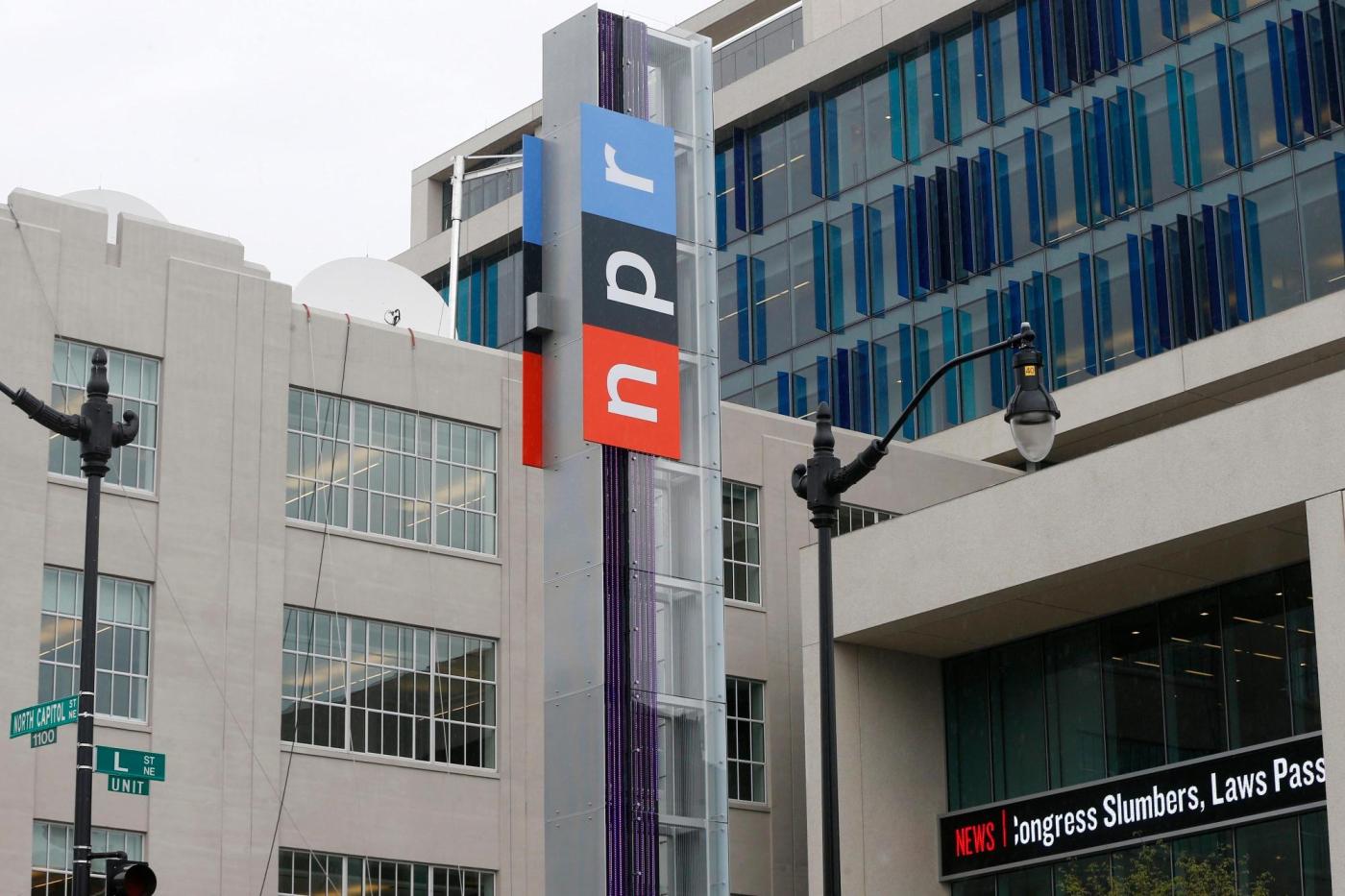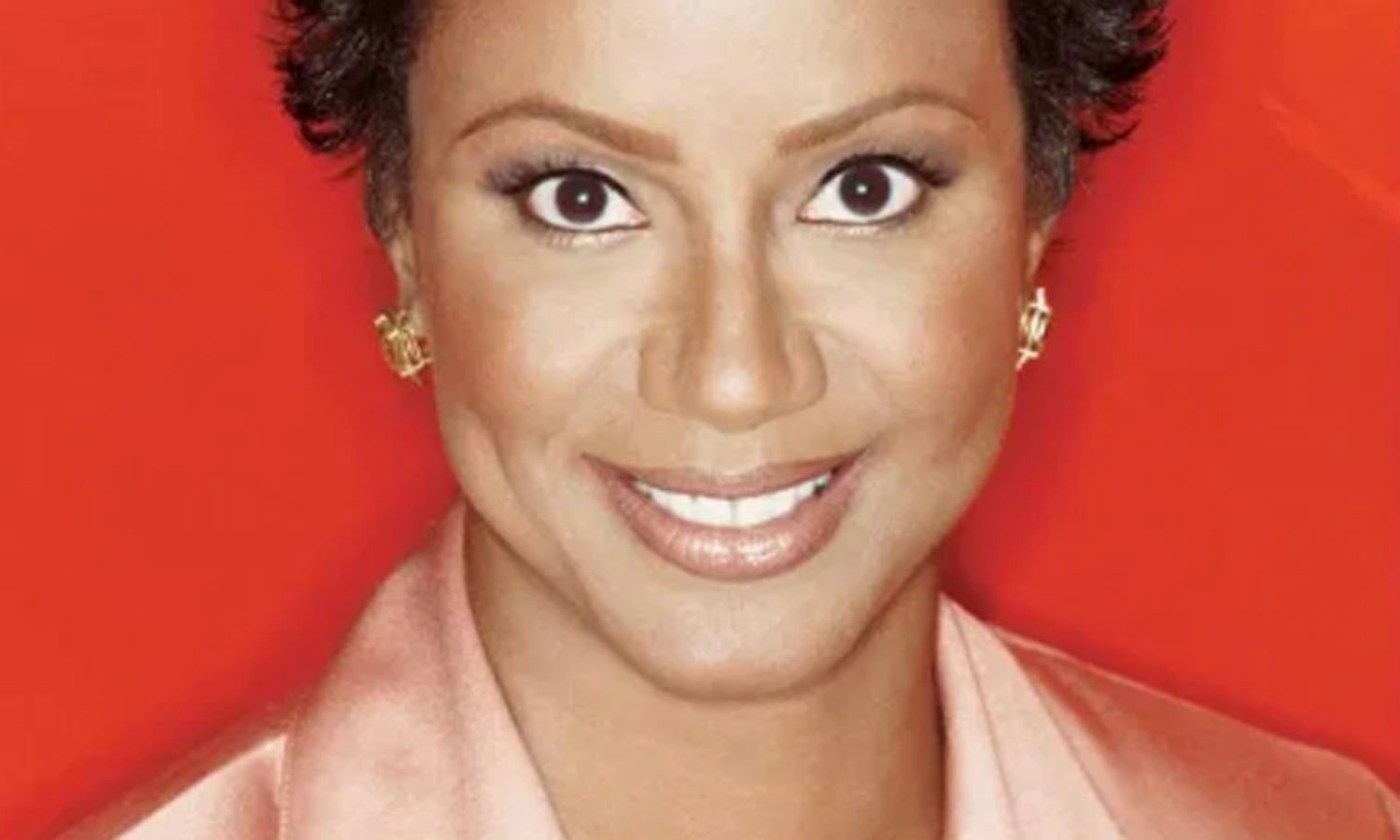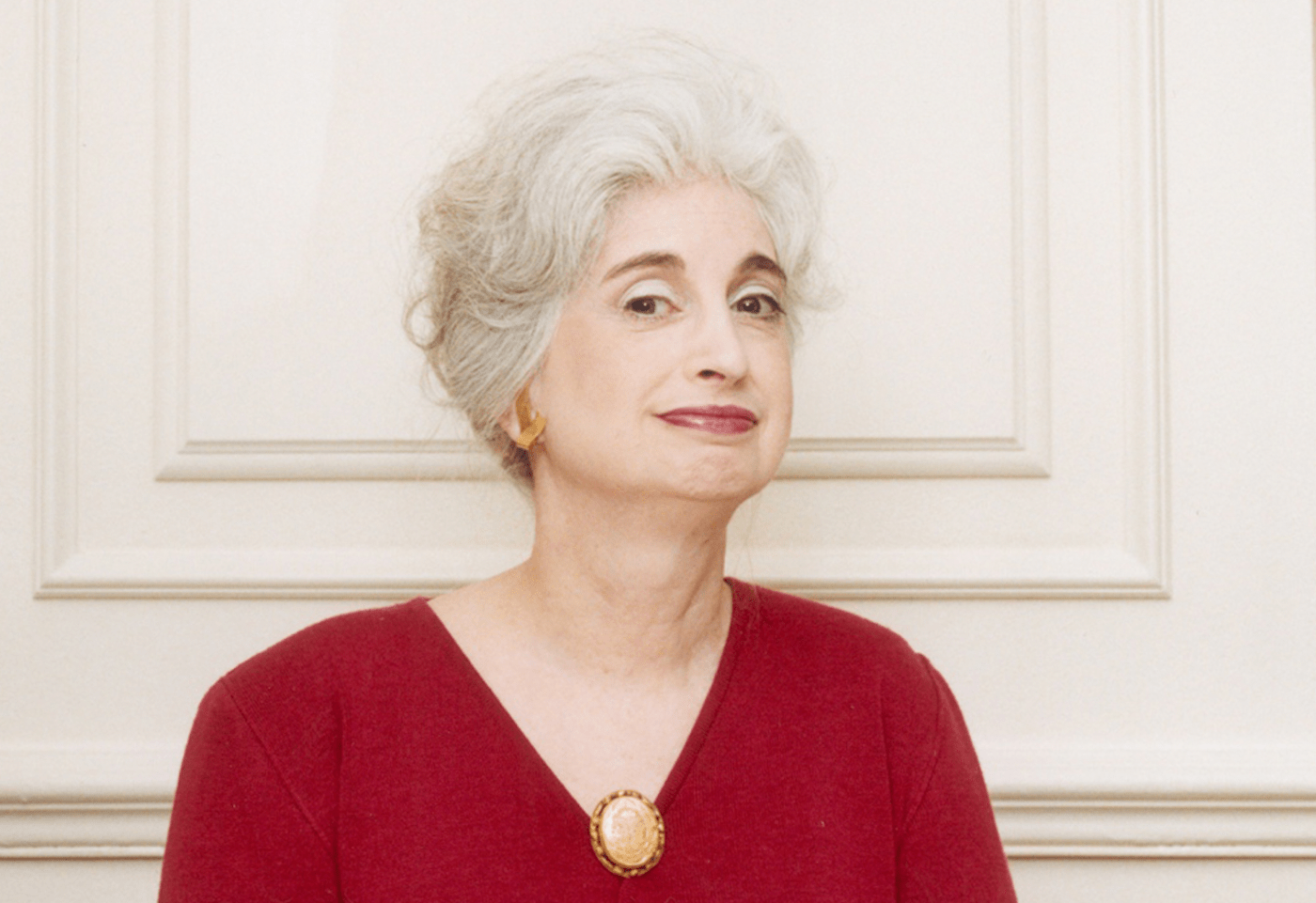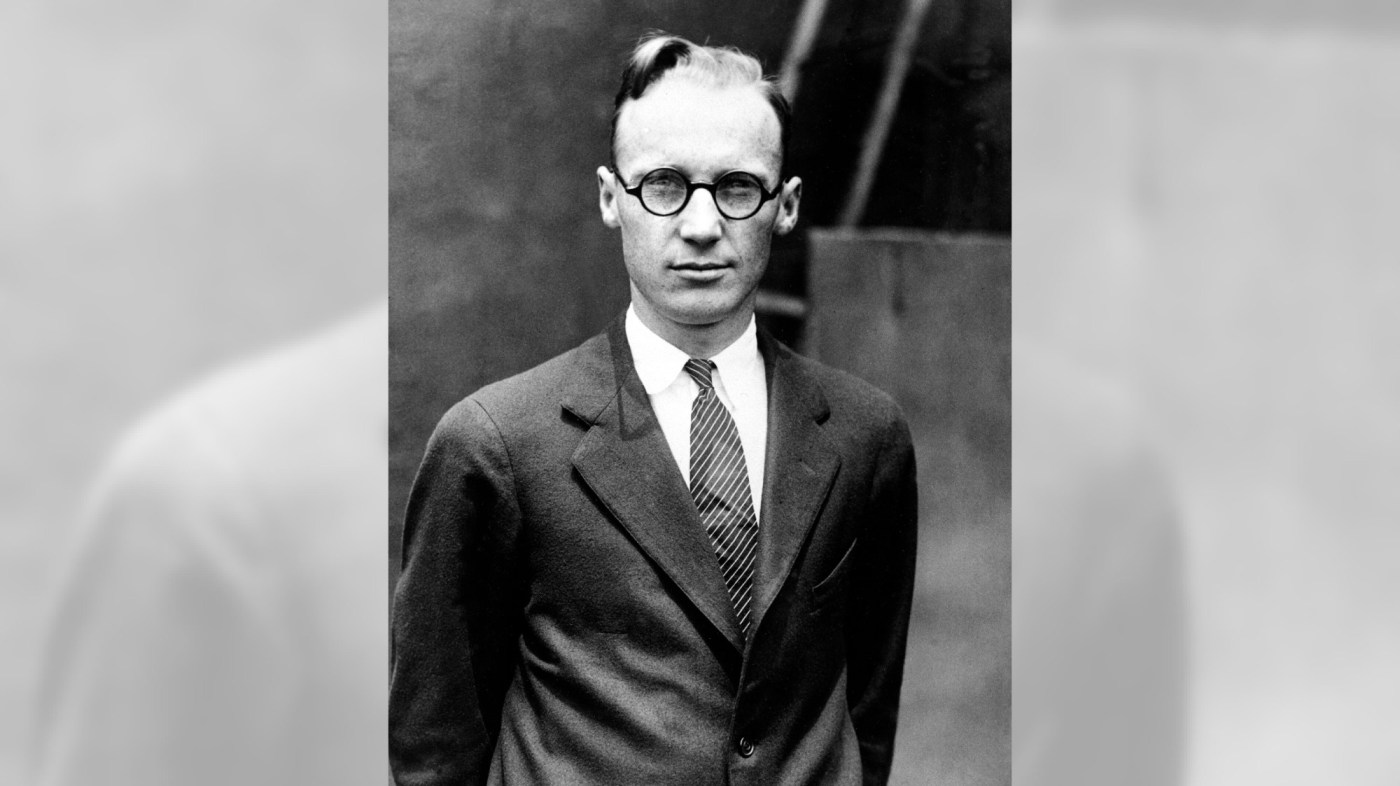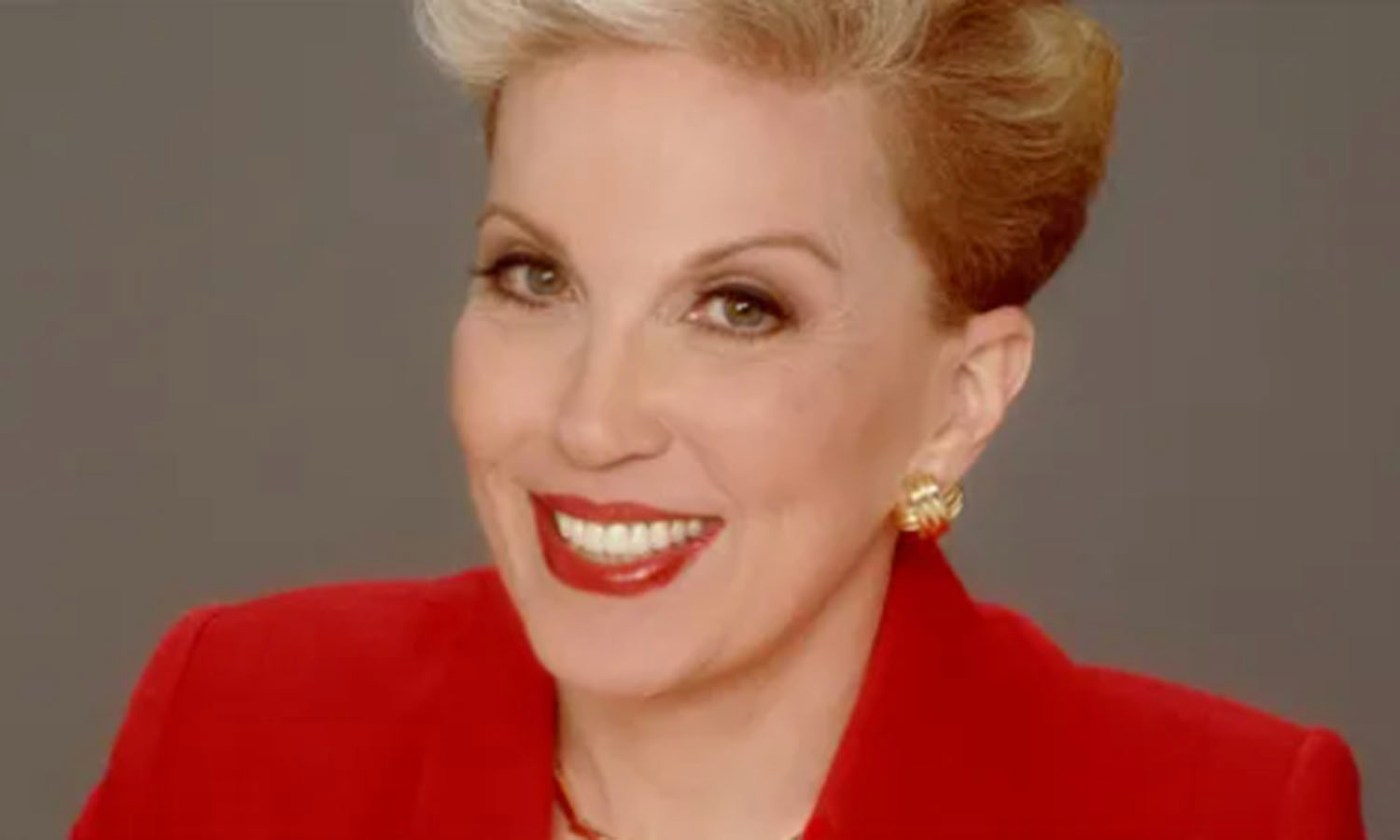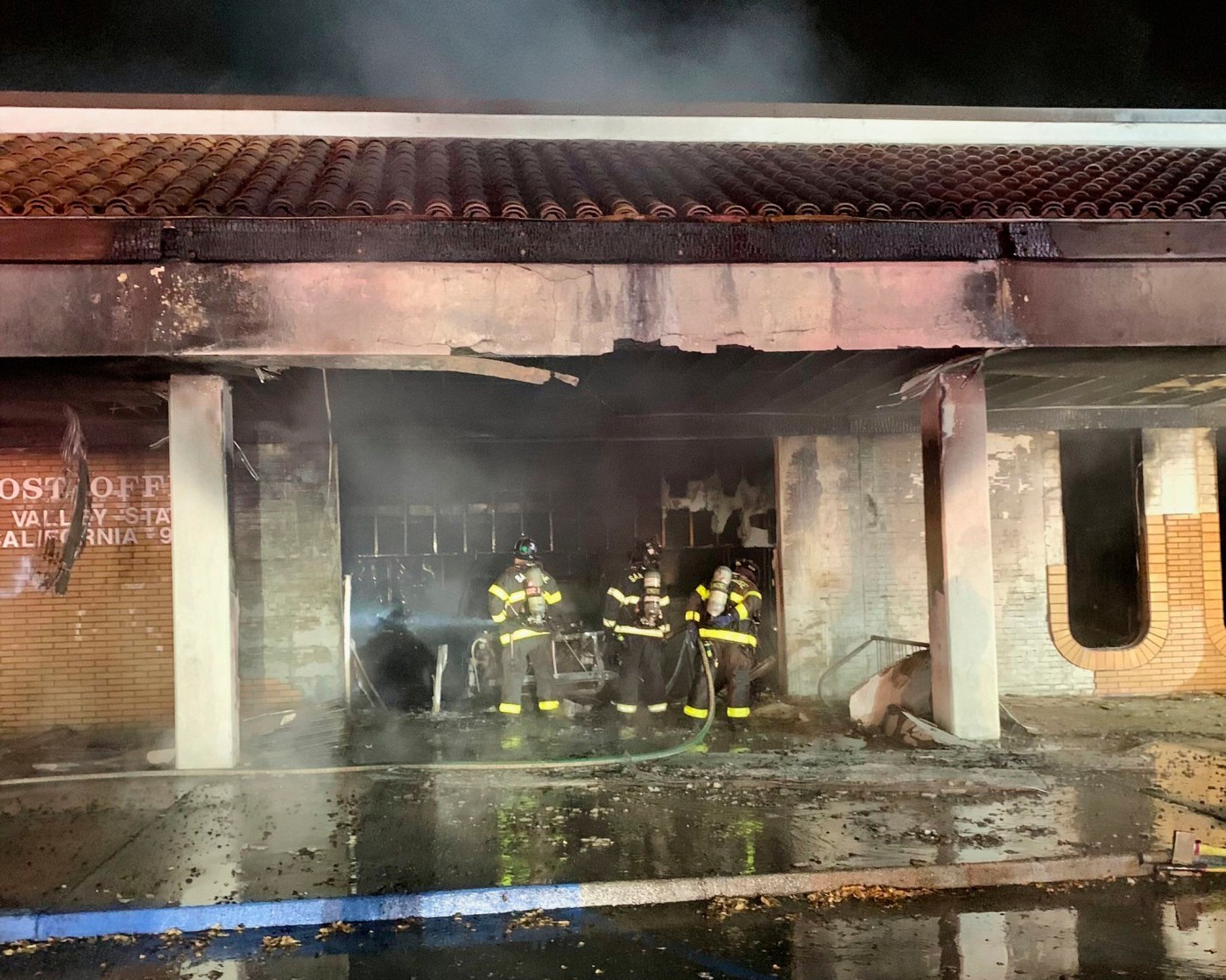If a society wants to toughen the fabric of its democracy, it’s essential that it nurture a citizenry that can think critically and consume information with a sustained attention span. Conversely, the last thing someone intent on derailing a democracy wants is a thoughtful electorate.
Our Founding Fathers saw the free press as key to the strength and stability of our democracy. That’s why it’s considered the “Fourth Estate” of our government.
And as our president sets his sights on defunding PBS and NPR, I’m reminded why, for more than 30 years, I’ve shared thoughtful programming (produced on my own dime) with public television and radio stations completely free of charge — and why, as a proud (and some might say, annoyingly persistent) champion of public broadcasting, I’ve spent well over 200 days volunteering at local stations across the country to encourage “viewers like you” to pitch in.
Service, not charity
As I like to say during those pledge drives, “Public broadcasting isn’t a charity … it’s a service. If you’re consuming it and can’t afford to help out, that’s OK, because it’s public … it’s for everyone. But if you can afford to help out, it’s only right to do so.”
In an increasingly complex world — and with so much of our content created without a mission to educate — I believe a thoughtful oasis in our media landscape is more important than ever.
And I fear that the same swaths of our country that struggle to find nutrition in “food deserts” will also find themselves in “media deserts” if federal funding cuts make it impossible for stations to bring quality programming to rural and less affluent areas.
At a rate of about $1.60 per person a year, federal tax dollars supplement the private and corporate giving that funds this service in our country. While stations in wealthy cities are likely strong enough to survive without federal funds, it’s the Corporation for Public Broadcasting that brings the sights and sounds of our world to the disadvantaged and rural corners of our country for free.
It’s one of the most beautiful things about America.
To stay viable in an aggressively commercial society, you have to be big — big retail chains, big publishers, Big Tech, big media.
And in big media, that means more programming from the top (national) and less from the community (local). I learned this myself decades ago, as the host of a short-lived weekly travel show on Seattle’s KIRO-FM, when a group of us local hosts — each with a different expertise — who shared the 1 p.m. weekday slot were all cut in one fell swoop in favor of a single national talk show.
Programming in remote towns and rural areas often falls victim to a similar dynamic, when local and organic diversity of thought is lost in favor of more profitable national programming produced for mass consumption. These communities deserve a voice, and public broadcasting provides that voice, even when it can’t be done with conventional profitability.
Calm and thoughtful
Whether left- or right-leaning, news on commercial networks has to double as entertainment in order to maximize eyeballs and turn a profit through ads. If it bleeds, it leads, and viewers are nothing more than numbers on a ratings chart.
Public broadcasters, on the other hand, see viewers as neighbors and fellow citizens deserving of long-form news, even if it isn’t good for ratings.
Their mission is to educate, not to titillate.
While we can all appreciate the abundant commercial media we have access to, it is a blessing for our society to have a little oasis of calm and thoughtfulness that is noncommercial and publicly-owned.
Related Articles
Letters: State must seize chance to change coyote management
Letters: Without reform, Santa Clara County grants look like favors
China criticizes US ban on Harvard’s international students
Trump’s team is divided on how to tackle the president’s vow to ease sanctions on Syria
Donald Trump’s ‘little problem’ with Tim Cook is a big one for Apple
From Austria to Australia, governments across the developed world consider national public broadcasting a good investment.
While British households pay a TV license fee of US $220 a year to fund the BBC, and Norwegians pay as much as US $160 in yearly income taxes for the NRK, the feisty, community-supported, mission-driven, humble public radio and TV stations across our own land are asking each of us to invest merely $1.60 a year in a smarter citizenry.
And year after year, as Americans across the political spectrum raise their voices in support of this small but productive taxpayer investment, Republicans threaten to take it away.
At the end of each of my public television travel shows, I use the 15-second spot normally allocated to underwriters to share the following message: “Public television brings the world to us in a way that educates, engages and inspires. Like travel itself, it can enrich our lives with the best possible souvenir: a broader perspective.”
I hope you will join me in supporting PBS, NPR and all their member stations as they work, even in the face of intimidation and threats from our president, to serve communities throughout this country with quality independent programming.
Rick Steves is the host of “Rick Steves’ Europe” on public television. ©2025 The Seattle Times. Distributed by Tribune Content Agency.
